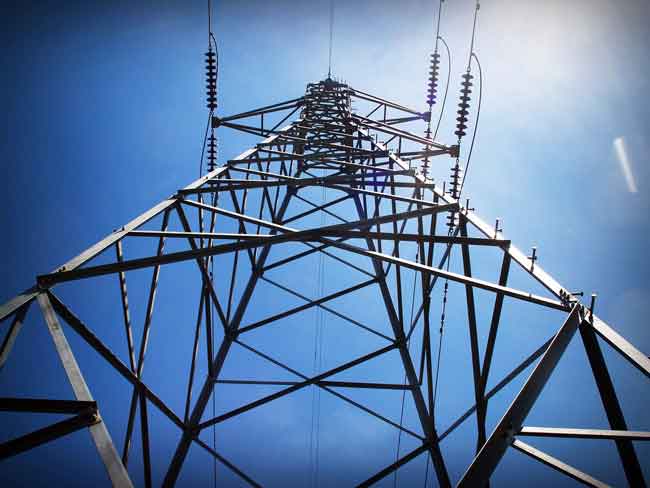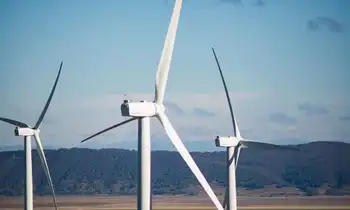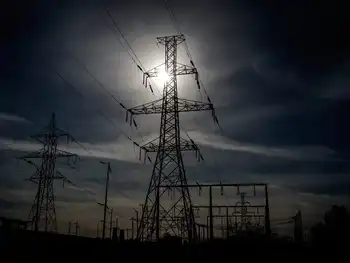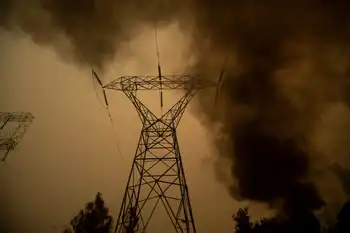New program pays biomass plant suppliers
By Associated Press
High Voltage Maintenance Training Online
Our customized live online or in‑person group training can be delivered to your staff at your location.

- Live Online
- 12 hours Instructor-led
- Group Training Available
The deal between the L'Anse Warden Electric Co. and the U.S. Department of Agriculture's Farm Service Agency is the first of its kind in Michigan. It's part of the new Biomass Crop Assistance Program, which is designed to make alternative energy more economical.
The government will match the amount L'Anse pays individuals or businesses that supply it with waste wood for conversion to steam energy, up to $45 per dry ton.
Biomass producers typically pay about $30 per dry ton. That isn't enough to induce suppliers to provide the volume of material needed to make biomass a feasible alternative to coal and other less environmentally friendly fuels, said Dale Allen, conservation chief for the Michigan USDA Farm Service Agency.
"This program is intended to make renewable, cleaner sources of energy a more attractive option in the market," Allen said.
Several other Michigan plants have applied to join the program, he said. The energy plants and their suppliers must qualify and follow guidelines, which include obtaining required permits for harvesting wood on public lands.
The state has at least seven producers of biomass electric power available for public purchase, including L'Anse Warden, said Tania Howard, biomass program coordinator with the Department of Energy, Labor and Economic Growth.
L'Anse Warden is a former coal-fired plant that was converted to biomass last year and began commercial operations in July.
It provides electricity to a neighboring factory in the village of L'Anse that makes ceiling tiles. It also sells enough to the grid to power about 20,000 homes, said Mike Reid, chief operating officer.
The plant burns a variety of wood materials: old railroad ties; logging debris such as bark and twigs; waste from sawmills and paper mills. It will convert to energy about 150,000 tons of waste wood annually that otherwise would end up in landfills, Reid said.
L'Anse Warden is owned by Traxys North America LLC, a mining and energy company based in New York. The company plans to convert three other coal-burning plants in the Upper Peninsula to biomass, Reid said.
"In addition to providing a cleaner form of energy, this is going to save landfill space, tidy up our woods and lower the chances of forest fires" by removing woody debris, he said.
Some environmental activists oppose using material from Michigan forests for biomass, saying logging debris should be left behind to decay and enrich forest soils.
They also worry the biomass industry will encourage managers of state and federal woodlands to plant too many fast-growing species that can be harvested quickly instead of aiming for ecological diversity and good wildlife habitat.
"We have no objection to economical use of Michigan's forest resources," said Marvin Roberson, a forest policy specialist with the Sierra Club's Michigan chapter. "But there's no worse use for them than simply throwing them in the furnace."
Reid said the downturn in paper manufacturing has left an overabundance of biomass material in the Upper Peninsula.
Traxys also plans to develop tree plantations on unused Upper Peninsula farmland, growing a self-regenerating hybrid willow that is ready for cutting every four years, he said.
Robertson said he wasn't convinced.
"There is nowhere near enough abandoned farmland or waste wood to supply any significant amount of biomass generation" without drawing heavily on the peninsula's forests, he said.











